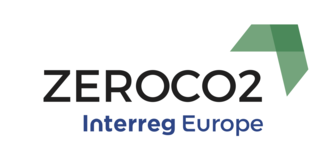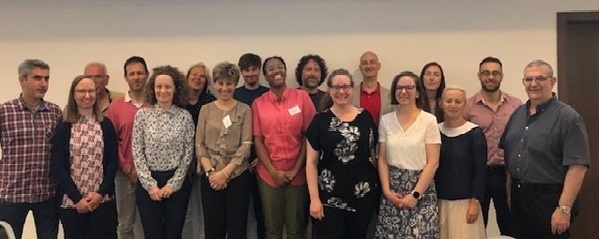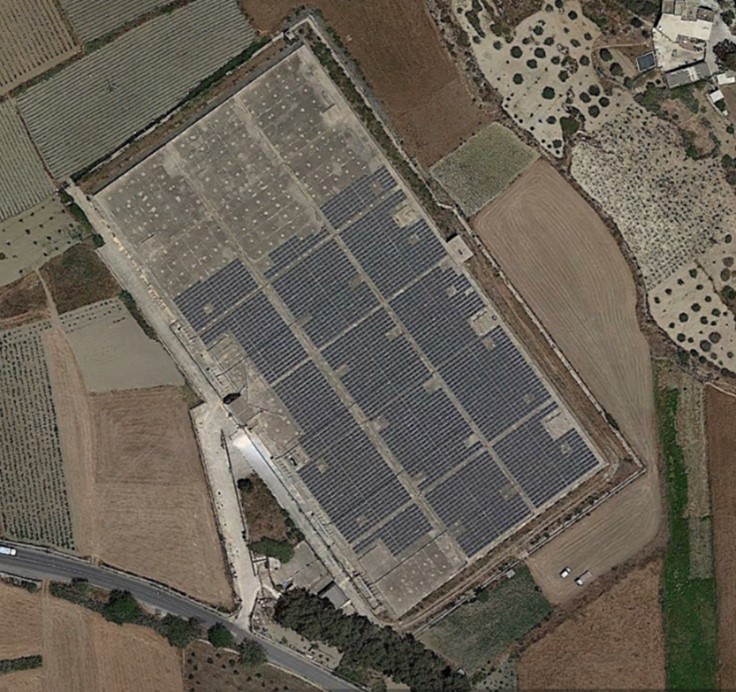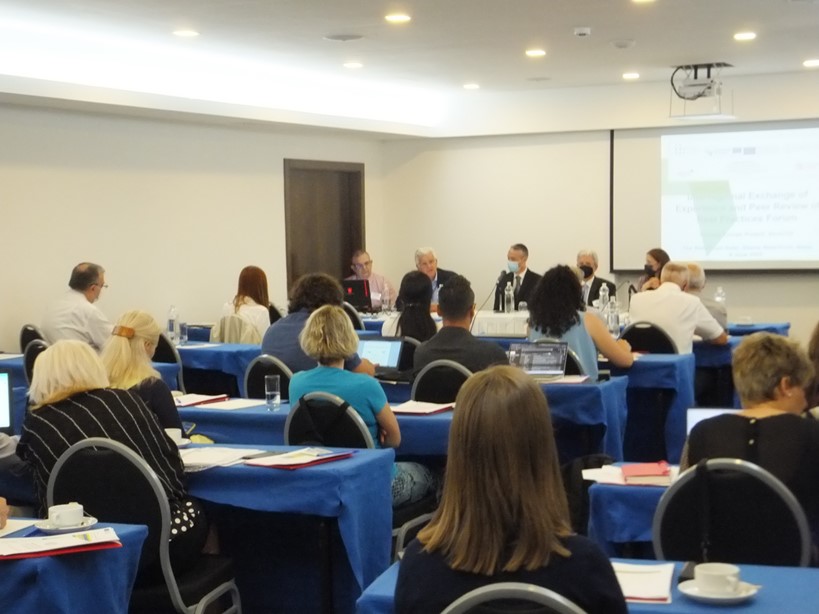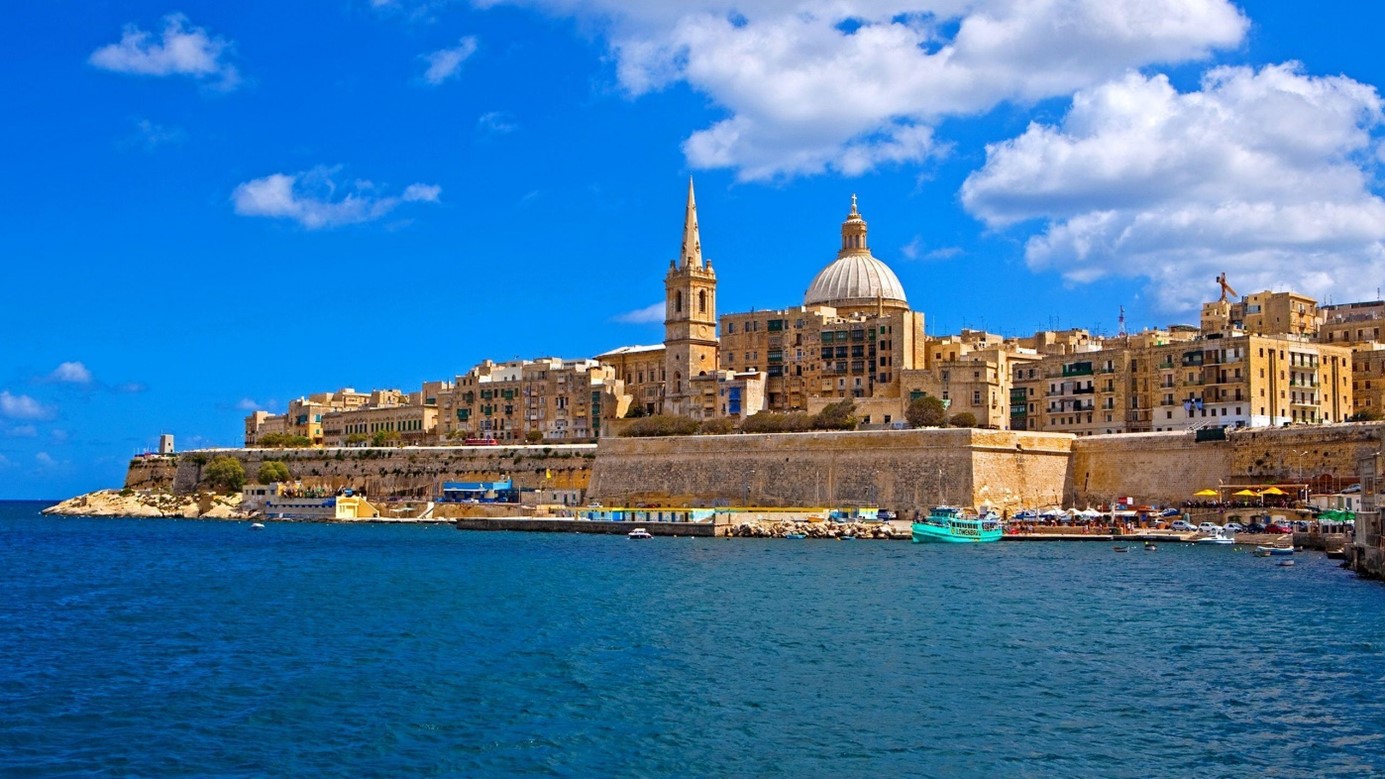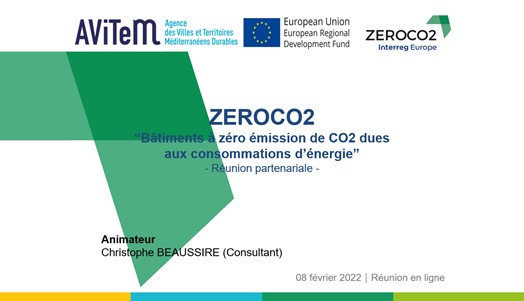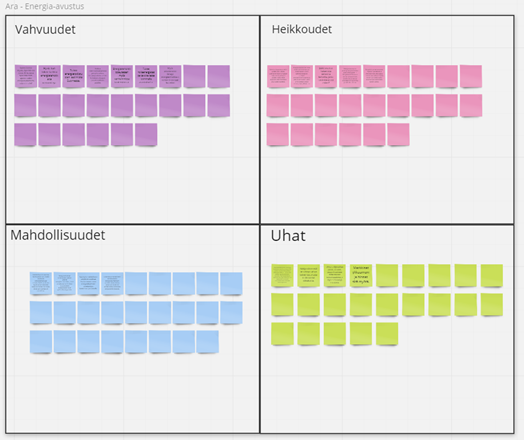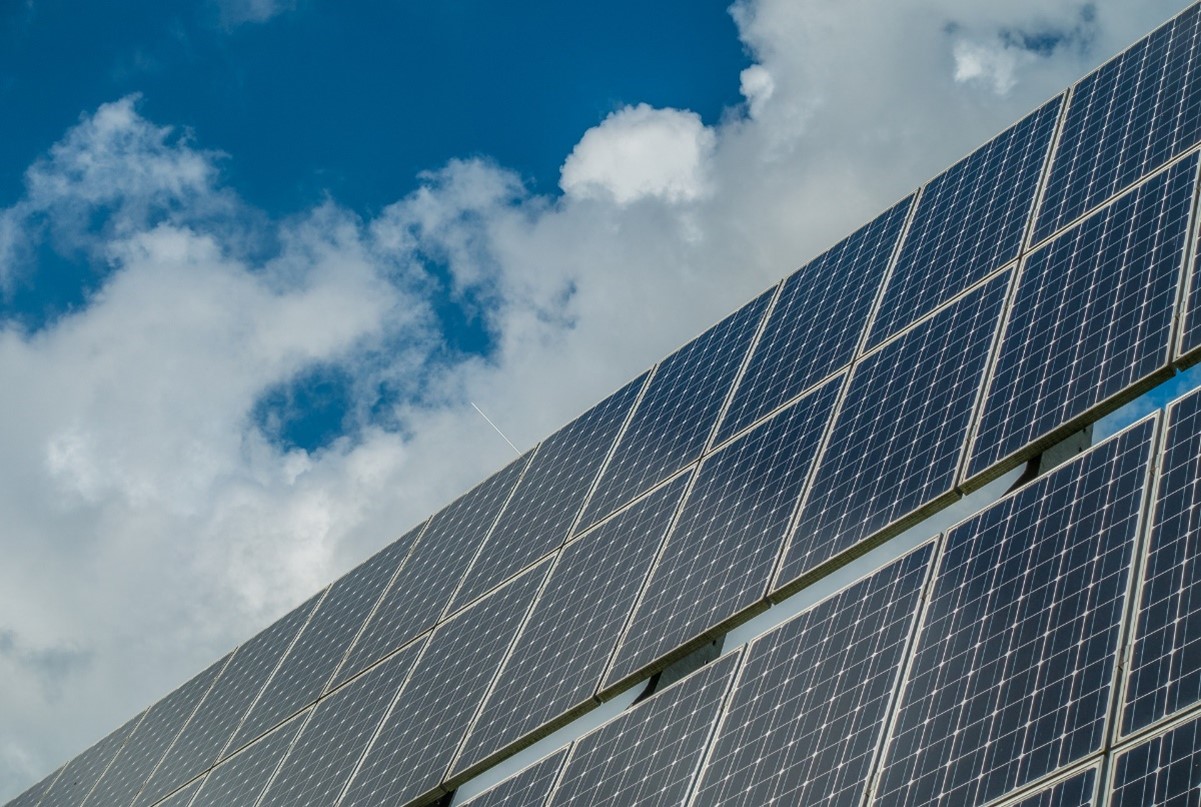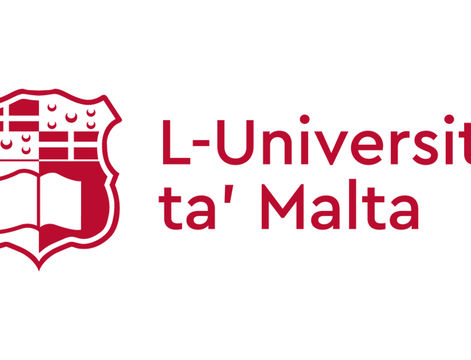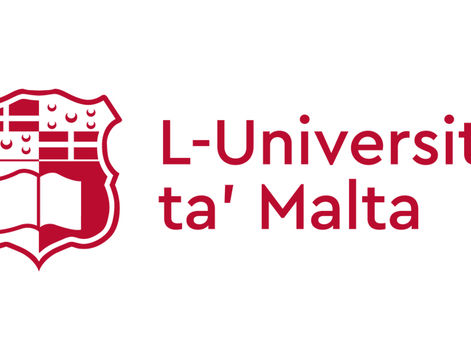From 2016 to 2020, the Interreg Europe ZEROCO2 project defined Near Zero CO2 Emission Buildings due to energy use (NZCO2EB). The European-funded project demonstrated the combination of different technologies and energy efficiency sources – in addition to presenting various financial methodologies in order to promote NZCO2EB in the partner regions of Slovenia, Greece, Italy, Finland, France and Malta – and these technologies could be used to achieve set carbon reduction targets to design tailored policies, which promote NZCO2EB at the local, regional, national and EU levels.
Due to the project’s success, in 2021 consortium received additional EU Interreg Europe funds to continue its applauded work in increasing awareness of and sharing best practices in the realm of decarbonisation technologies for buildings. The extension of ZEROCO2 allowed the partnership and their stakeholders to take another stride forward toward decarbonisation and adopting net zero policies, addressing the EU Green Deal, by targeting policy instruments to optimise allocated recovery funds with a focus on deep renovation of public and residential buildings.
In Malta, the one-year project extension came at an unprecedented time, when the energy transition serves as the top priority at EU level and among stakeholders and citizens alike. The project has succeeded in amplifying the need for greater energy efficiency and renewable energy in the built environment. The feedback from the relevant policymakers has so far been very positive.
To read the full article please click here.
